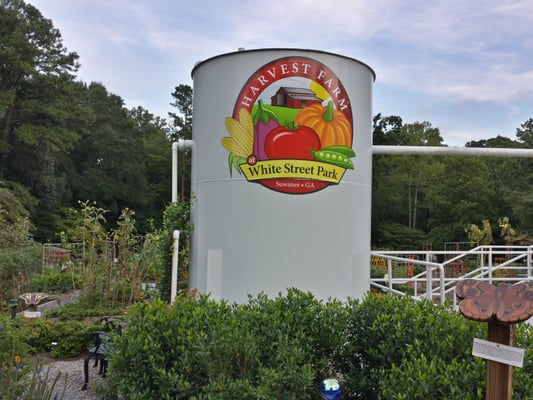In the heart of Georgia, lies a small city with a big history. Suwanee, Georgia may seem like just another city on the map, but it has been the stage for numerous significant historical events that have played an instrumental role in shaping its culture, economy, and growth. This article will take you on a journey through its history, from the establishment of the Creek Indian Trade route to the 1996 Atlanta Olympic Games.

The Creek Indian Trade Route: The City’s Indigenous Beginnings
Long before the arrival of European settlers, Suwanee was home to the Creek Indians. This indigenous tribe had a comprehensive trade network that stretched across Georgia to Alabama and Florida. Suwanee’s strategic location made it a crucial hub in this trade network, with archaeological findings bearing evidence of the active commerce that prevailed centuries ago.
New Prospect: The Birth of Suwanee
In 1837, settlers established Suwanee by constructing a sawmill on its flowing creek. Initially named New Prospect, it later adopted the name Suwanee, echoing the creek that served as its lifeblood. Industries such as agriculture and logging drove its gradual growth in the ensuing decades.
Civil War: The Battle of Suwanee Creek
1864 marked a pivotal moment in Suwanee’s history. The Civil War brought Union forces under General William T. Sherman towards Atlanta, only to be intercepted by Confederate forces led by General John Bell Hood near Suwanee Creek. This unexpected attack resulted in a fierce battle that lasted several hours, eventually repelled by Union forces.
The Suwanee Dam: Creation of Lake Lanier
The construction of the Suwanee Dam in 1919 served as a milestone in the city’s development. It controlled Suwanee Creek’s flow and supplied hydroelectric power to the region, birthing the now-famous recreational spot, Lake Lanier. Lake Lanier has since become a popular destination for boating, fishing, and other water activities. The dam also helped to provide a reliable water source for nearby communities and contributed to the economic growth of the region.
The Second World War: Suwanee’s Role
Suwanee played an unsung role in World War II as the location for several military training camps. Camp Forrest, Camp David Farragut, and Fort McPherson prepared countless soldiers for combat, significantly bolstering the local economy. These training camps not only provided a boost to Suwanee’s economy but also played a crucial role in preparing soldiers for combat during World War II. The presence of these camps further solidified Suwanee’s contribution to the war effort and its significance in the region.
The Struggle for Equality: Desegregation in Suwanee
Suwanee’s journey to equality was marked by the federally ordered desegregation of its school system in 1969. Although met with resistance by some, this marked a significant step towards greater equality in Suwanee and its surroundings. Furthermore, Suwanee’s desegregation efforts were not limited to its school system. The city also made strides in desegregating public facilities and promoting equal opportunities for all residents. These efforts helped to create a more inclusive and diverse community in Suwanee.
Atlanta Olympic Games: A Global Stage
The 1996 Atlanta Olympic Games brought global attention to Suwanee. As a short drive from Atlanta, Suwanee hosted several events and welcomed thousands of visitors, leaving an indelible mark on the community.
Suwanee’s rich tapestry of history extends from its indigenous beginnings to its role in global events. Understanding this history offers a deeper appreciation of the city’s journey to its present-day vibrancy. If you wish to delve deeper into Suwanee’s history, consider visiting the city’s museums and historical sites. Let the past inspire your present, and enrich your understanding of this remarkable city. Explore Suwanee, Georgia, and walk through time’s footprints.
Explore Suwanee





